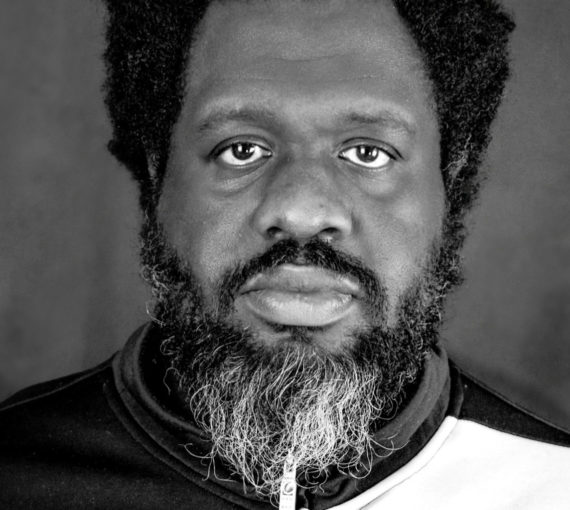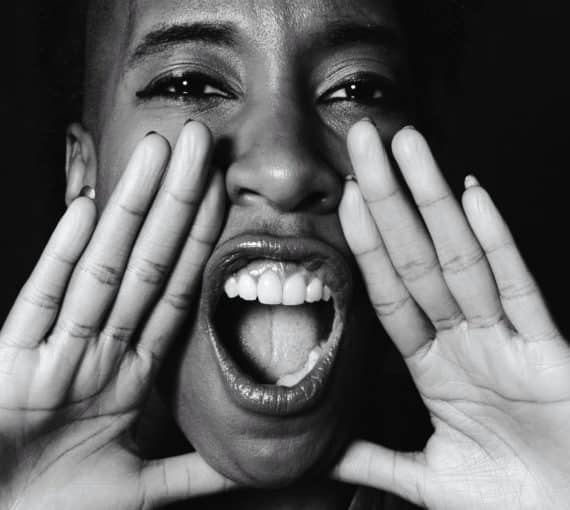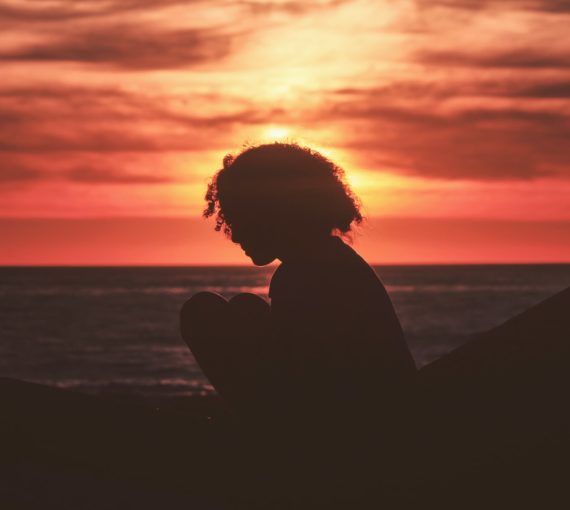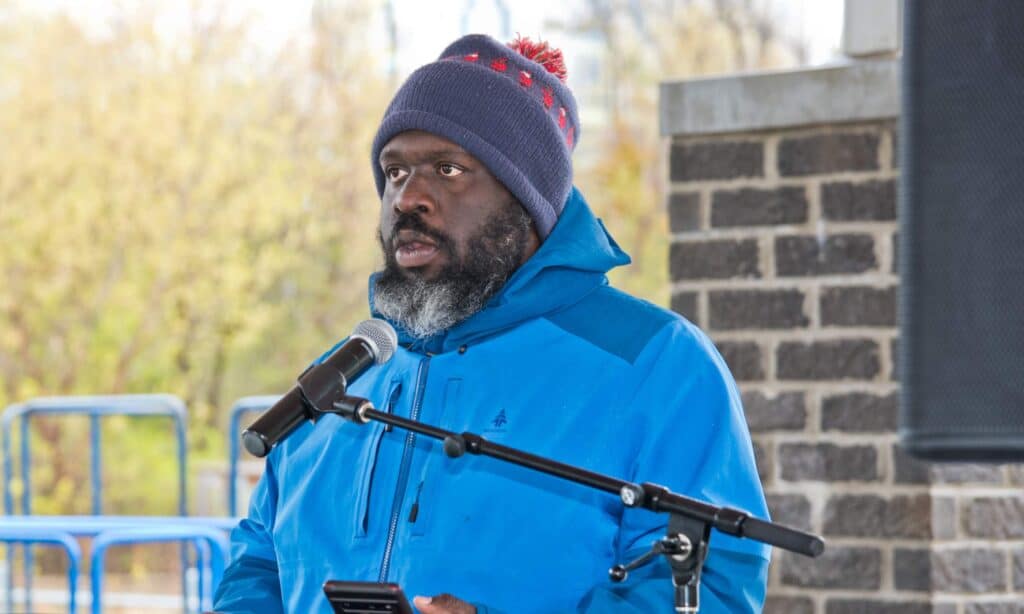
Julius Lindsay speaking at the City of Brampton Earth Day event.
“I want to change the way we engage communities on climate and environmental issues.” A conversation with Julius Lindsay, Director, Sustainable Communities and Ontario, the David Suzuki Foundation.
To celebrate Black History Month, we speak to Julius Lindsay on why the importance of community continues to inspire his career as a Black environmentalist and futurist.
This article is presented in Q&A format. For more from Julius, check out his expert profile or follow him on LinkedIn!
How did you get your start in the environmental field?
“I started my career doing clerical work at a government agency. I wasn’t doing environmental work to begin with, but when someone in the department needed greenhouse gas calculations done, they said ‘hey Julius, you know math’! I just so happened to be in the reporting team at the time when the Green Energy Act was on the rise. So I’ve learned everything on the job and was able to move into climate and energy work.”
You then went onto work for some of the biggest municipalities in Ontario. How was that?
“When I started my work in municipalities, I was the only climate change person there. I went on to build Mississauga’s climate change team and then write Richmond Hill’s first corporate climate change plan.
“But I became disillusioned by the way municipalities engaged communities with issues — or rather the lack of engagement, especially with marginalized communities. I come from a community with low engagement on climate issues from both sides and know this needs to change.
“And honestly, I was burnt out by the bureaucratical wheel and tired of its limitations.”
What brought you to the David Suzuki Foundation?
“Although I had been leading for many years, I came to the David Suzuki Foundation to step into a focused leadership role and change the way we engage communities on climate and environmental issues.
“I’m passionate about meeting people where they are. We all have common ground; it’s about finding it. I’m passionate about building solidarity, trust and connections in this work.
“We’re experiencing intersecting crises right now. We cannot simply address the symptoms anymore. The capitalist, colonial systems are driving the poverty, housing, affordability and climate crises. We need system change and that’s what we aim to do at DSF.”
The environmental field has been largely a white-dominated field in Canada. How has this affected your experience in the workplace?
“I’ve now been in my career for 18 years and I have never directly worked with another Black person until now.
“In the wake of the murder of George Floyd in 2020, I was craving conversation and looked around and couldn’t see anyone at my organization I could have it with. So I called up every Black person I knew in the field to create a safe space to do so. What I found is that we were all having similar experiences but had no Black co-workers to chat to.
“That was the beginning of the Black Environmentalist Alliance. We aim to celebrate Black environmentalists, create community and address environmental justice in the Black community.”
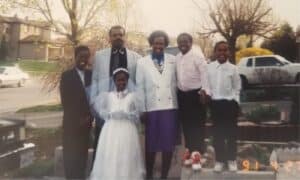
Julius Lindsay aged approximately 9 years old, second from right with his family.
Where does your value of community come from?
“My sense of community started at home. My dad was involved in the revolution in Grenada which was all about supporting the wider collective. And my mom grew up in a household with 11 brothers and sisters where family matters first, it’s not just about you. My sense of community is echoed by siblings who work in social work, nursing and service industries.”
You also specialize in futurist work. What does it mean to be a Black futurist?
“I was attracted to the field of futures and strategic foresight because, at its core, the field addresses the fact that there isn’t one solution for the climate crisis. Futurist and foresight work provide concrete frameworks to look at multiple solutions with multiple perspectives. This goes hand in hand with anti-racism and decolonization work.
“Outside of my day job, I’m working on building a video game that aims to centre Indigenous and Black perspectives on the climate crisis. I hope we can access different cultural knowledge this way and build a future for all of us.”
What’s your advice to the next generation of Black changemakers?
“Speak up and take up space. And know there are people like you in this space!
“If you can’t find a supportive space, create it. I see young BIPOC create spaces of their own. It doesn’t need to be a whole organization; it could just be someone you can have a conversation with. It’s important to have people you can rely on and be vulnerable with.”
Finally, how do you take care of yourself?
“There is harm and comfort in doing this kind of work. I’m a father to two kids. I have a fabulous wife and incredible friends and family. I have built a network of people I can rely on and who have my back.”
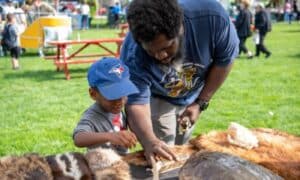
Julius Lindsay with his son, Julius III at a community event looking at animal hides.
